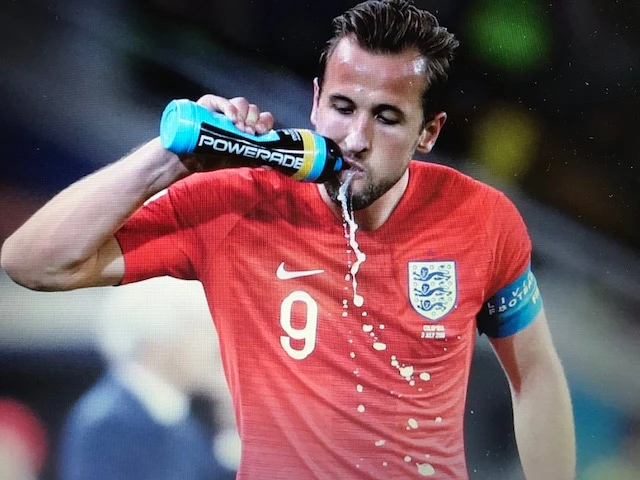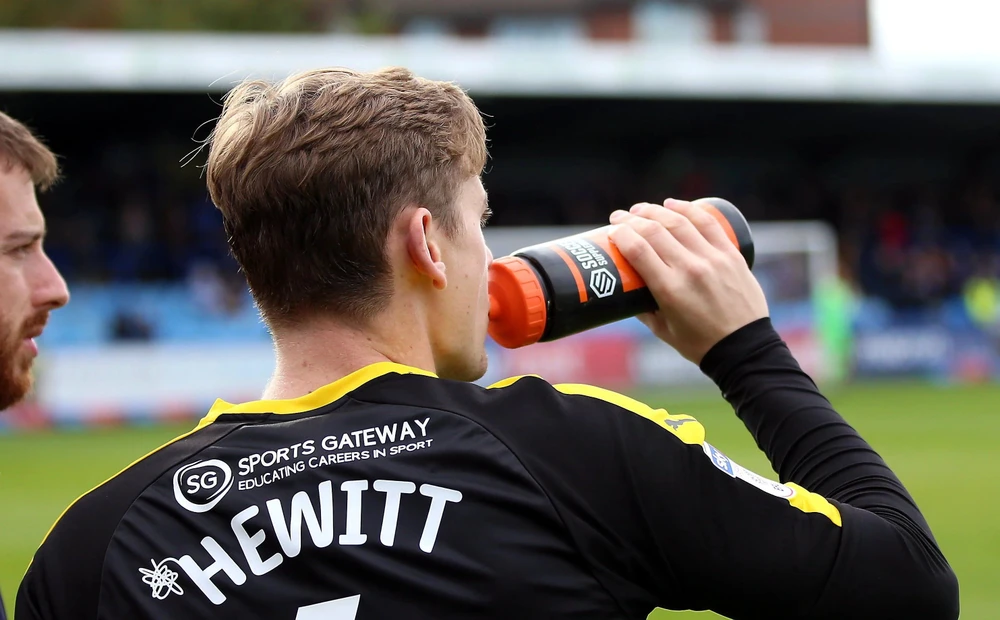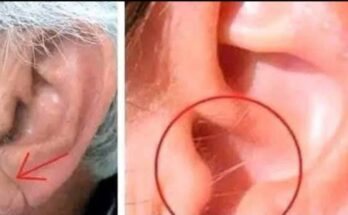Why do Ronaldo and Mbappe often spit on the field?
A study has shed light on why footballers, not just superstars Ronaldo or Mbappe, often spit on the pitch, after they do this with a bottle of water called “carbohydrate gargling”.
Players often drink a bottle of water as an energy boost during matches at half-time or spontaneously request it on the sidelines. It is a process that involves rinsing the mouth with a carbohydrate-rich solution and then spitting it out instead of swallowing. Football icons such as Portugal’s Cristiano Ronaldo , France’s Kylian Mbappe and England’s Harry Kane have been seen spitting on the pitch at Euro 2024.
Fans often wonder about the reasoning behind this practice, but it’s a technique athletes use to maintain energy. “Carbohydrate gargling” tricks the brain into anticipating an upcoming burst of energy, reducing fatigue and improving performance.
Ronaldo, 39, regularly spits out the solution, especially towards the end of matches, and strangely enough, he often performs well afterwards. It’s an interesting process aided by carbohydrate receptors in the mouth. When activated, they signal to the brain that energy is coming, leading to positive motor function and a sense of effort.

England captain Harry Kane during a carbohydrate rinse. Photo: GETTY.
The International Journal of Sports Nutrition and Exercise Metabolism conducted a study on carbohydrate gargling. This study found that male athletes experienced less fatigue when using this method during their competitions.
Soccer matches typically last 90 minutes, which can be tiring for players, as they are participating in a high-intensity sport. Studies have shown that carbohydrate gargling can improve performance by 2-3%. Soccer players spit the solution out rather than swallow it to avoid digestive discomfort. If the concentrated solution remains in the stomach for a while, they may experience symptoms such as bloating and other digestive problems.
Carbohydrate gargling can be of great benefit to football players, as it can improve high-intensity training for 30-60 minutes. This is why spitting is so popular in football, with its long-lasting effects and lack of digestive problems.

After rinsing their mouths with carbohydrates, players often spit on the field. Photo: GETTY.
It is common to see many players spitting continuously, after rinsing their carbohydrate mouths and preparing for extra time while their coach gives specific instructions. Players try to maintain their energy levels as they will have to play an extra 30 minutes after a grueling 90-minute match.
Carbohydrate flushes sometimes occur during penalty shootouts, with goalkeepers seeking an extra burst of energy. Concentration and energy go hand in hand during both the shooting and judging of penalties, when player tension is at its highest.
The rinsing does not need to be long, and athletes typically do this for five to 10 seconds. The solutions used are usually CHO, including glucose or maltodextrin (MALT).




